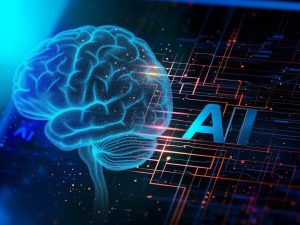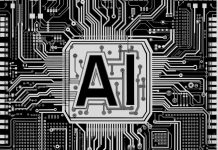The surge in artificial intelligence and generative AI technology is significantly impacting healthcare, prompting more health systems to establish Chief AI Officer (CAIO) roles. These positions are crucial for defining AI's role, managing investments, addressing ethical concerns, and fostering talent and enthusiasm for AI's potential. Successful CAIOs consider the broader implications of AI implementation, including changes to processes, operations, training, and organizational culture. This is especially critical for medical tech companies, which must comply with regulatory requirements and establish governance policies related to model fairness, interpretability, and accountability. Chornenky highlights that employing CAIOs provides organizations with a strategic advantage in navigating the dynamic AI landscape. "With their specialized expertise and deep understanding of AI technologies, CAIOs serve as key advisers, guiding AI initiatives and ensuring alignment with strategic objectives," he says. The CAIO's role is pivotal in driving innovation and fostering a culture of experimentation within organizations, offering agility and strategic foresight in AI advancements.
Health Systems Create Chief AI Officer Roles to Harness AI Innovations
Dennis Chornenky, Chief AI Aadviser at UC Davis Health and former CAIO for UnitedHealth Group’s Optum, emphasizes that the primary responsibility of the CAIO is to accelerate AI adoption while balancing safety and innovation. This includes selecting safe AI applications that also drive value and innovation for the organization and its stakeholders.
























